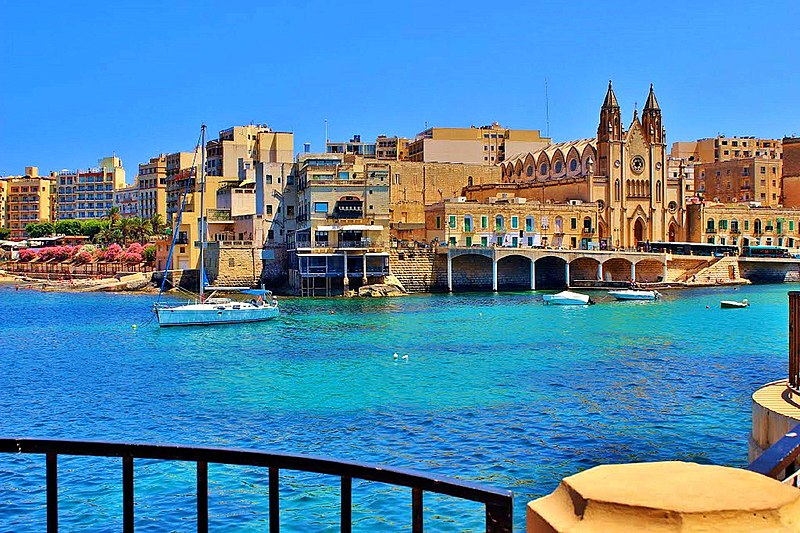
Leaders from nine Mediterranean and Southern European nations have called for a "significant increase" in the European Union's efforts to address the issue of migration at its root, including in
origin and transit countries. Italian Prime Minister Giorgia Meloni emphasized that without "structural" solutions from the EU, front-line countries would be overwhelmed by the current arrivals. French President Emmanuel Macron stressed the need for a "united European response" and solidarity with all countries of first entry. This call for enhanced action follows a sharp increase in migrants landing on the Italian island of Lampedusa earlier this month, reigniting tensions within the EU. While EU interior ministers in Brussels have made progress on new rules for handling asylum seekers and illegal immigration, the "Med 9" leaders meeting in Malta urged the swift adoption of these revamped rules, which aim to distribute arrivals more evenly across EU states.
However, some leaders, including Meloni, argued that redistributing migrants upon arrival is insufficient and called for a "sustained and holistic European response" to tackle illegal migration. They emphasized the need for increased EU efforts on the external dimension to reduce primary movements and prevent departures. Additionally, there were discussions about expanding naval missions in the Mediterranean in coordination with North African authorities. The European Commission has initiated plans to support North African countries in bolstering their coastguards and addressing human trafficking, with a deal already in place with Tunisia showing promising signs of collaboration. However, the migrant crisis in the Mediterranean continues, with increased deaths and missing persons, particularly affecting children.
The "Med 9" leaders also stressed the importance of immediate action on the climate crisis in the wake of recent natural disasters in the region. Greek Prime Minister Kyriakos Mitsotakis called for greater emphasis on adaptation, disaster relief, and managing the costly aftermath of extreme weather events.
The discussions at the Malta summit underscore the complex and challenging issue of migration in the Mediterranean and the need for comprehensive, collaborative, and sustainable solutions to address its root causes. Photo by Protinax, Wikimedia commons.



































